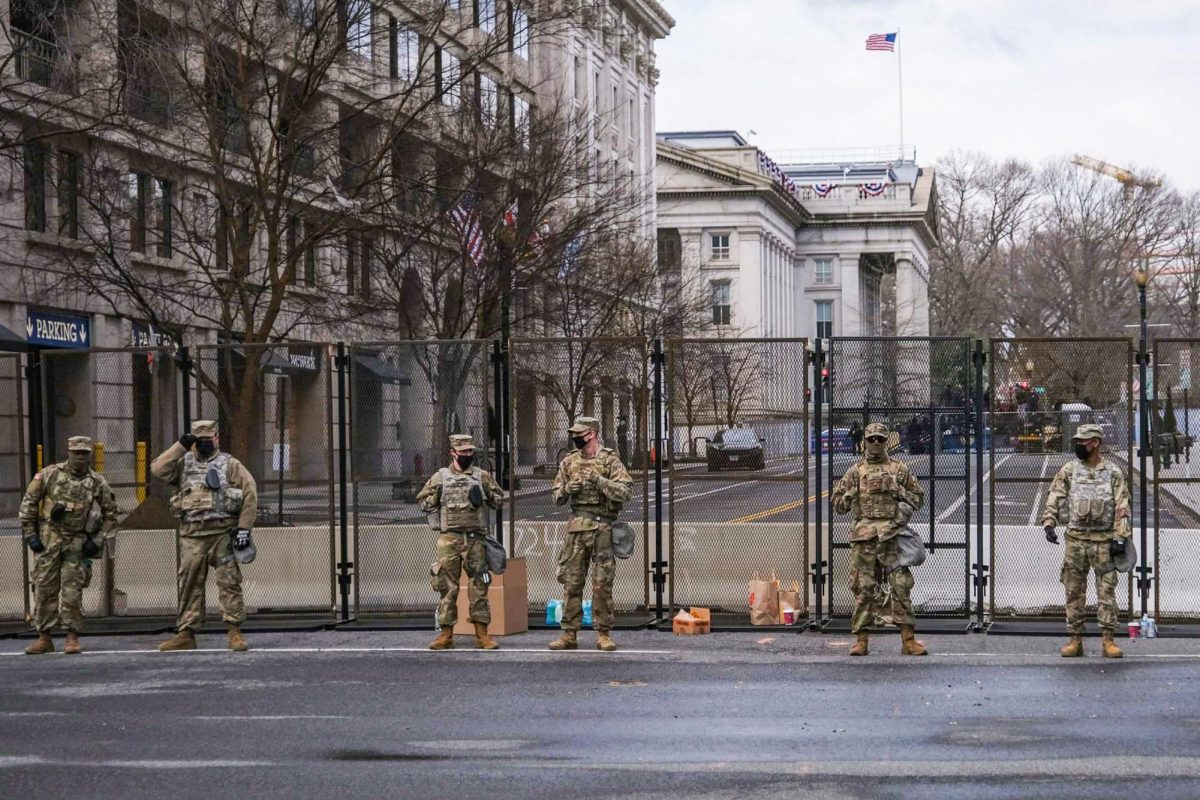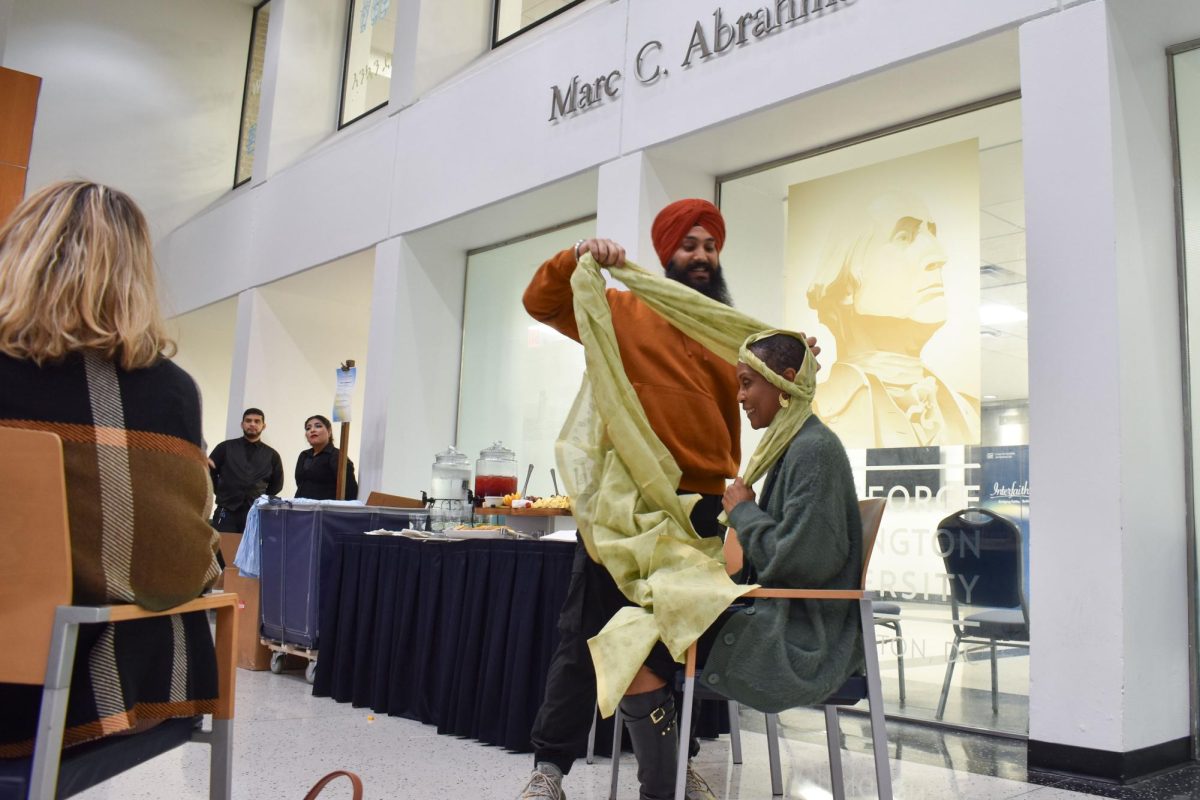The Graduate School of Education and Human Development canceled all of next year’s American sign language classes last week because the school can no longer receive tuition revenue from undergraduate students enrolled in its classes.
“I have no choice,” said Jay Shotel, chair of the teacher preparation and special education department in the GSEHD, which has offered ASL classes for more than 10 years.
Shotel estimates the school has lost $100,000 on ASL classes alone, which about 60 students took this semester. He said in a previous interview that about 90 percent of the students who take the classes are undergraduates.
Until two years ago, the University’s budget allowed graduate schools to receive money from undergraduate schools, like the Columbian College of Arts and Sciences, for undergraduate students in their classes, said Bob Ianacone, GSEHD associate dean of operations.
“At this point there’s a disincentive for us to offer (sign language classes),” Ianacone said. “We hope we can do something to fix that disincentive.
The move comes after GSEHD decided last semester to move some ASL classes to GW’s graduate campus in Arlington, Va., because it is less expensive to offer courses off the Foggy Bottom campus.
“Undergraduate students weren’t willing to move off campus,” Shotel said.
Sophomore Josh Lurie said students were not able to commute to Virginia and classes scheduled to take place there were cancelled because of a lack of interest.
Shotel said GSEHD, which is ranked the 25th-best graduate school in the country by U.S. News and World Report, typically offered six sections of ASL a semester.
Shotel said he hopes the Columbian College will offer ASL classes through its speech and hearing department.
“I would hope that someone in this institution would decide that this is a good thing to keep on doing,” Shotel said.
ASL students met Sunday night to coordinate an effort to keep sign language classes on campus. They said they hope the Columbian College will continue the program. Columbian College officials were unavailable for comment over the weekend.
“There is a demand here, and its an important thing to have,” said Mike Kuhne, a medical student. He said D.C. has one of the largest deaf communities in the country and said there is a great need for interpreters.
“A lot of people are passionate about (ASL), and you won’t find that about every program,” Lurie said.
Shotel said other undergraduate GSEHD classes, like computer literacy, may also be canceled if the school can no longer afford to offer them.
“In a budget my size, to take a $100,000 loss over two years is significant,” Shotel said.
He said there have been “conversations and memos” between GSEHD and CCAS about continuing to offer the courses.
“I hope it’s not a dead issue,” Shotel said. “I worry about it a bit because it might not be a primary focus in the Columbian (College).”
Student Association President Roger Kapoor said he hopes to bring undergraduate American sign language courses to the Foggy Bottom campus through the Columbian College.
“The administration always seems open to student concerns,” Kapoor said. “We are hoping to get to the bottom of the issue through dialogue.”






